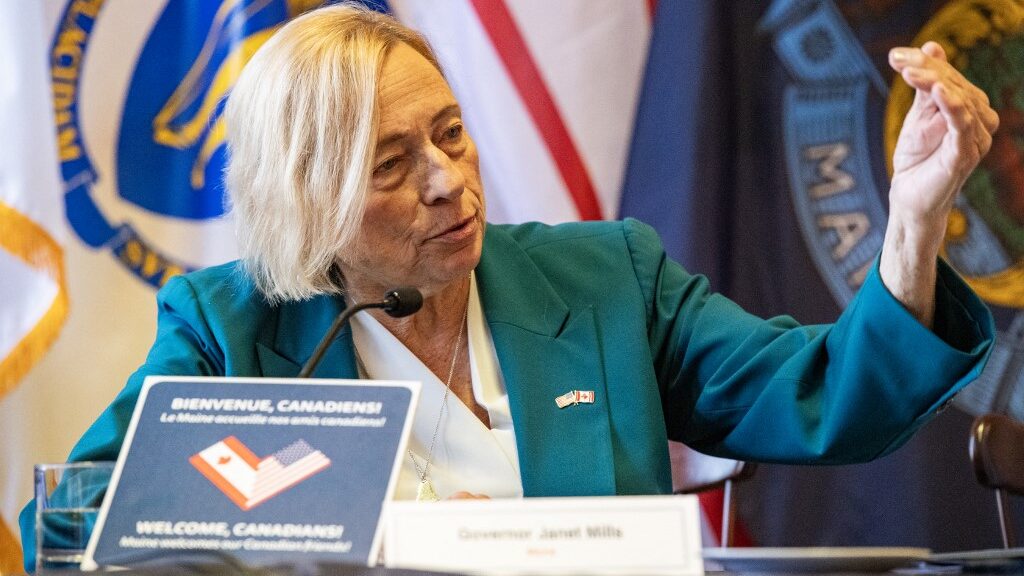
Massachusetts legislators have rejected a proposed increase in the state’s tax on sports betting revenue.
The Massachusetts Senate rejected Amendment 828, recently. Senator John Keenan, who championed the amendment, had proposed raising the tax rate for online sports wagering platforms from 20% to 51%. If approved, the increase would have placed Massachusetts alongside New York at the top of U.S. regulated gambling markets with the highest tax rates for sports betting operators.
Amendment 828 aimed to alter the Senate’s fiscal year 2025 budget forecast, which projects at least $41.5 billion in state tax revenue. This figure represents a decrease of about $208 million from the projected tax revenue for fiscal year 2024.
During its first year, Massachusetts collected more than $108 million in sports betting taxes, nearly double the tax revenue that lawmakers had projected when they legalized the industry.
Why Was The Increase Proposed?
Keenan presented his proposal as a necessary action to tackle public harm, with a focus on mental health and the harassment of athletes.
“We must act before the public harm issues overwhelm us,” Keenan declared during the Senate session. “To prevent these harms, we owe it to all residents and taxpayers of the Commonwealth of Massachusetts to utilize any industry revenues available.”
Keenan pointed out that most sportsbook operators did not attend a recent Massachusetts Gaming Commission roundtable on betting limits, showing the industry’s disregard for regulatory efforts.
“They are disregarding the gaming commission,” Keenan said. “We’re dealing with an industry here in Massachusetts that is earning far more money than anyone anticipated at this stage.”
Now that his push for a higher tax rate ended in the Senate, Massachusetts will maintain the online sports betting tax at 20%.
Keenan Taking Up New Fight
Keenan may now turn his sights to other sports betting-related problems he thinks need to be addressed in The Bay State.
In his presentation, Keenan stated that sports betting advertising is deceptive. He noted that this argument resembles one he made last year when proposing an amendment, and he pointed out that such advertisements are already banned in Massachusetts.
He expressed his support for a comprehensive prohibition of all proposition bets and in-game betting in Massachusetts. He highlighted that a ban on in-game betting would set a national precedent.
Keegan concluded his presentation by alerting fellow lawmakers to the potential introduction of online casinos in the state.
Other States Still Contemplating an Increase
Keenan’s proposal reflects a growing movement among states to reassess their fiscal policies with sportsbook operators in the wake of sports betting becoming legal. For example, Ohio has recently increased its tax rate for sports betting operators to 20%. Meanwhile, legislators in Illinois, New Jersey and Washington, D.C., are contemplating comparable tax hikes.
The Governor of Illinois, J.B. Pritzker, wants to increase the tax from 15% to 35%. This could mean sports betting businesses in Illinois would have to pay more taxes, possibly bringing in an extra $200 million every year for the state.
“I wish we had big surpluses to work with this year to take on every one of the very real challenges we face,” Pritzker told Legal Sports Report in February. “It’s important to note that while this budget is tight this year, our fiscal house is in order, and we are able to keep our commitments to the people of Illinois.”
In New Jersey, a new law proposed by Senator John F. McKeon could increase the tax on sports betting to 30%. This means that for every $100 earned from sports betting, the state would get $30 in taxes.
Both states are looking at these changes as a way to earn more money from the sports betting industry.















